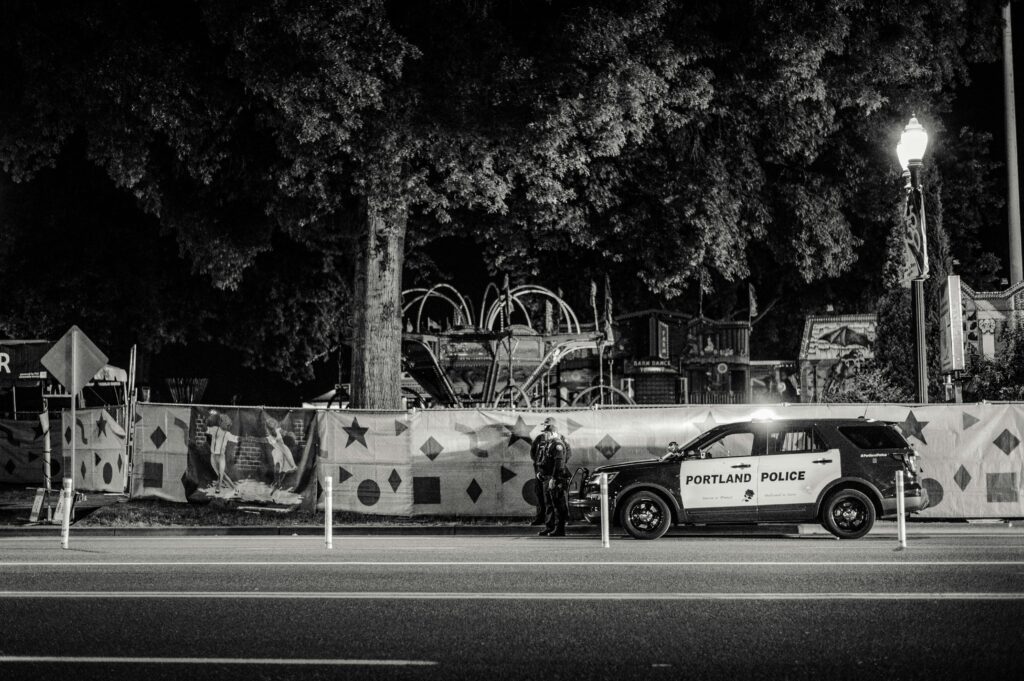An Oregon zoo owner has been arrested after police found drugs, guns, and a large amount of cash during a major raid. Brian Tenney, who runs the West Coast Game Park Safari in Bandon, was taken into custody in March. Authorities said they seized 80 grams of meth, 8 grams of cocaine, 44 firearms, and around $1.6 million in money and financial assets.
The police said the raid came after months of looking into both drug activity and reports of poor treatment of animals at the zoo. Tenney now faces charges for drug possession, manufacturing meth, and trying to distribute it. He was released while the district attorney waits for more evidence to decide the next steps.
The zoo, which houses over 450 animals, quickly became the center of a second investigation—this time about animal welfare. Officials from the Oregon Humane Society and state agencies visited the site to check food, water, and living conditions. What they found shocked even seasoned inspectors.
Many of the animals were weak, thin, and clearly neglected. Several large cats, such as lions and leopards, had visible ribs and bones. Experts said this was a sign of long-term malnourishment. Some animals showed signs of sickness and stress, while others had untreated wounds or infections. Living areas were dirty, overcrowded, and lacked proper shelter.
Veterinarians and rescue workers stepped in to help. They moved 310 animals to safer homes like animal sanctuaries and wildlife rescue centers. Sadly, three animals—a camel, a chicken, and a kinkajou—were too sick to save and had to be put down to prevent further suffering.
For now, the rest of the animals stay under close watch while officials keep gathering facts. State and federal agencies are still looking into the case. They may bring more charges or penalties against Tenney or the zoo in the weeks ahead.
The West Coast Game Park Safari has been open for years and is known for letting people get close to wild animals. But it has also faced criticism in the past. Some groups raised alarms about how the animals were treated and whether the park followed health and safety rules. Despite that, there had been little state oversight—until now.
This case has renewed calls for tighter rules and better enforcement at private zoos. Animal rights groups say this is not a one-time issue. They argue that without strong checks, places like this can become unsafe for both animals and the public.
“This was preventable,” said one rescue worker who helped during the raid. “Animals don’t suffer like this unless people stop caring and stop watching.”
So far, Tenney has not made a public statement. Legal experts say more developments in the case are likely, especially as authorities go through the documents and financial records taken during the raid.


